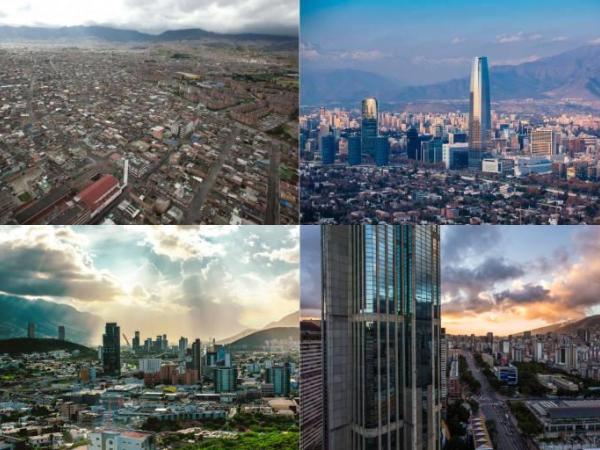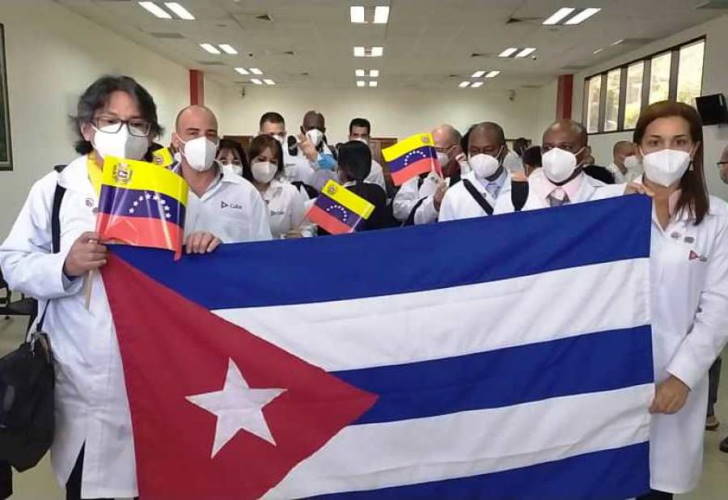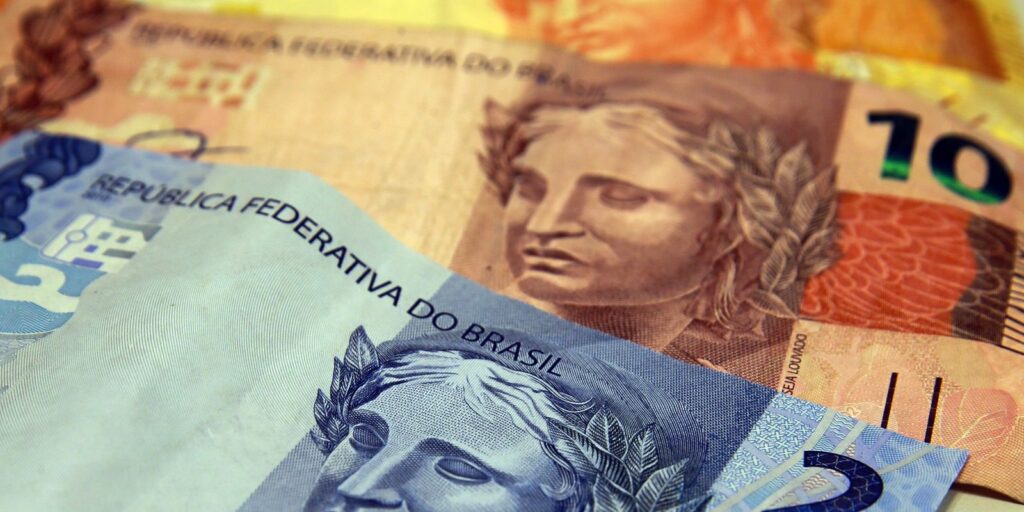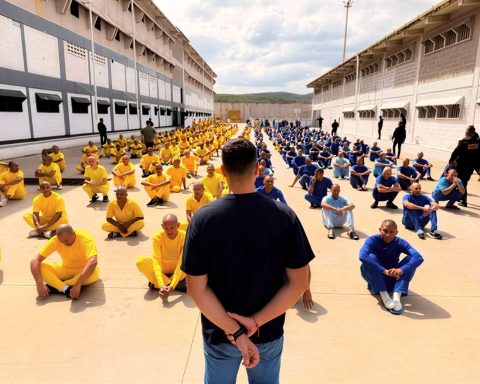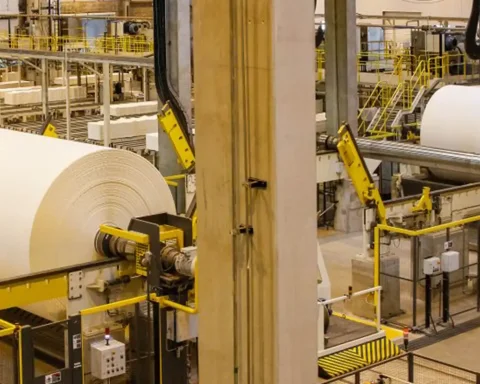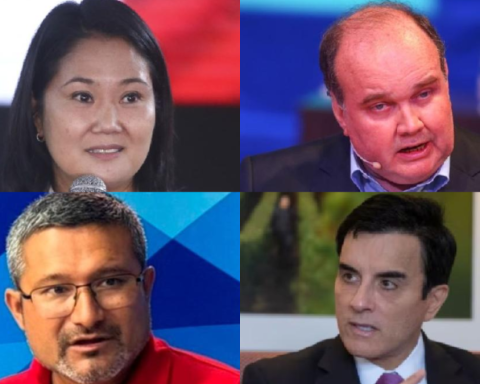With the victory of Gustavo Petro in the presidential elections last Sunday, the region consolidates its turn towards the political left, amid various macroeconomic challenges ranging from recovering jobs lost due to the pandemic, sustaining the economic rebound and controlling runaway inflation.
(This will be the tax reform of the Petro government).
But beyond the general lines of the region, each of these governments have their different local discussions. This was pointed out by different experts consulates by Portafolio.
In the case of ChiliPresident Gabriel Boric, very close to President-elect Petro, recently passed the 100-day mark, in a local context where the Inflation continues to register record rates.
(An early warning for Latin America).
“We are in a fairly important inflation, which is already practically in two digits. In addition to a decrease in growth for this year and with a risk of facing a recession in 2023. It is very complex economically, even more so with the effects left by the pandemic,” said Eduardo Merz, a researcher at Flacso Chile and a professor at the University of Chile.
The southern country closed 2021 with a growth of 11.7%, after the arrival of the pandemic, and during the first quarter of this year it already grew 7.2%. For its part, inflation has already reached 11.5% up to May.
Among the positive economic aspects of the Boric Administration, Merz highlighted the launch of the ‘Chile supports’ initiative, of 24 specific lines, among which the increase in the minimum wage to 400,000 pesos stands out, about US$481. Also support for MSMEs
“This emerges as a positive support within the context, but in any case, always having to make it compatible with public finances,” he said.
According to the Refinitiv platform, Since the arrival of President Boric, the Chilean peso has devalued by 8.31% against the dollar, while the Santiago Stock Exchange has appreciated by 9.73%.
Another government that in the short term has revitalized its ties with the country is the Peru of peter castle. The uncertainty derived from the political crisis in Lima has marked a large part of the Peruvian president’s economic agenda.
“In these 11 months his government has been characterized more by instability, improvisation and programmatic inertia, than by any coherent economic or political cut,” said Cynthia Sanborn, professor of Political Science at the Universidad del Pacífico.
This crisis has led to a constant change of ministers in key areas. For example, says Sanborn, this has led to his proposal for a second agrarian reform, which sought to benefit rural communities, not being carried out. Beyond this, Peru’s economy has remained solid in this period: it grew 13.31% in 2021; 3.8% in the first quarter and 3.69% in April. Inflation, on the other hand, closed at 8.36% at the end of May.
Since Castillo took office in July 2021, the currency has appreciated by 5.31% while the Lima stock market has grown by 4.03%, according to Refinitiv.
Since 2018 Andrés Manuel López Obrador has held the Presidency of Mexico, the second largest economy in Latin America. Diego Camacho, international economist at Credicorp Capital, pointed out that a distinction must be made on three fronts: growth, inflation and fiscal.
“Mexico is one of the few economies that has not recovered the value of the gross domestic product that was observed on average in 2019. Today the value of GDP is four percentage points below that observed in 2019,” Camacho pointed out.
“This behavior is closely related to a deterioration in the business climate that has been maintained since 2018. This has prevented us from seeing a significant boost in private investment, but also a stagnation in public investment,” Camacho said.
It is worth noting that during the past year the Mexican economy grew 5% after collapsing 8.2% in 2020. Currently, it only grew 1% in the first quarter. Inflation closed the first half of May at 7.56%.
Among the positive aspects is fiscal restraint. “In the midst of the pandemic, very little public spending was executed. Today, Mexico has one of the best fiscal profiles,” said Camacho.
Alberto Fernandez, President of Argentina, has had a mandate focused on controlling inflation, a long-standing one that already reaches the annual figure of 60%. “This means that at least 40% of the urban population remains in poverty,” said Daniel Heredia, an international economist at Credicorp.
According to the expert, since Fernández took office the economy has recovered by 5%, thanks to policies to expand public spending and global demand.
ROBERTO CASAS LUGO
BRIEFCASE
